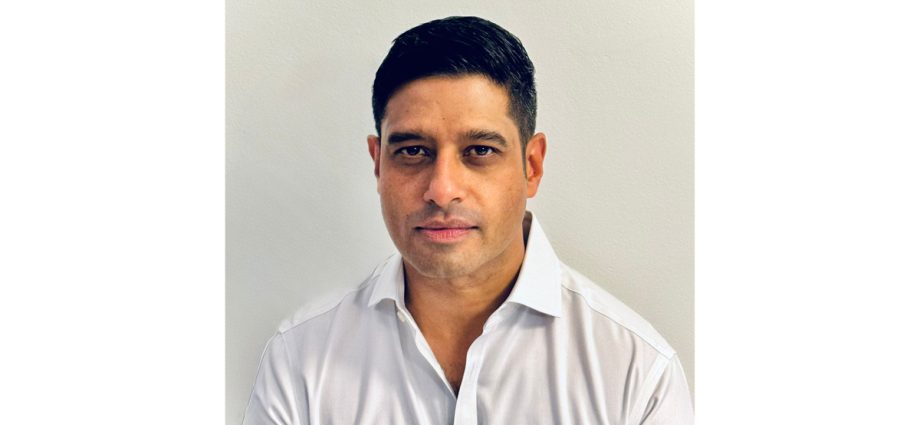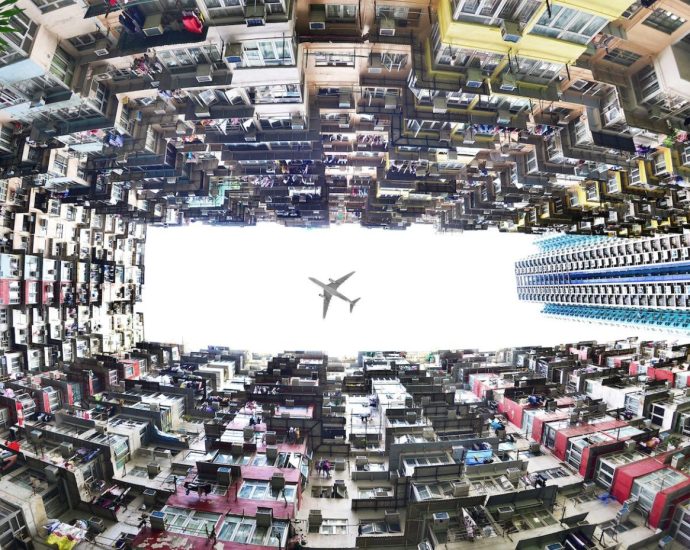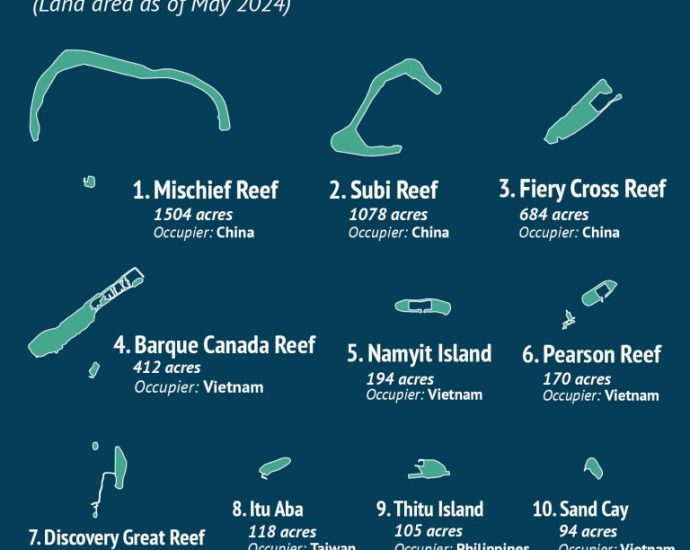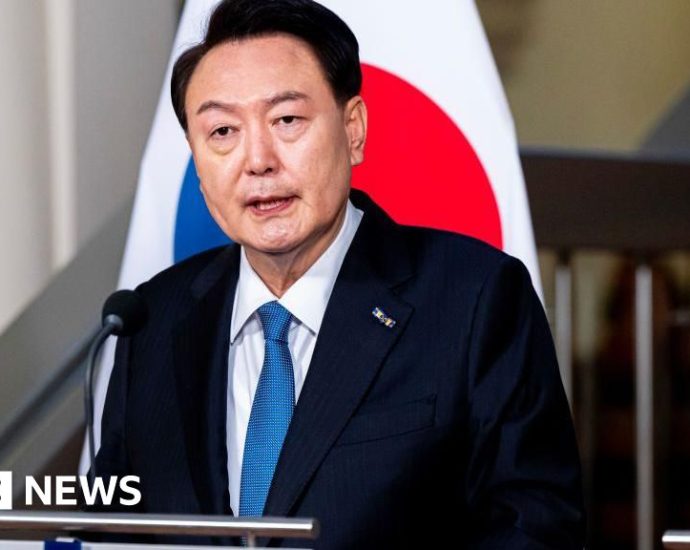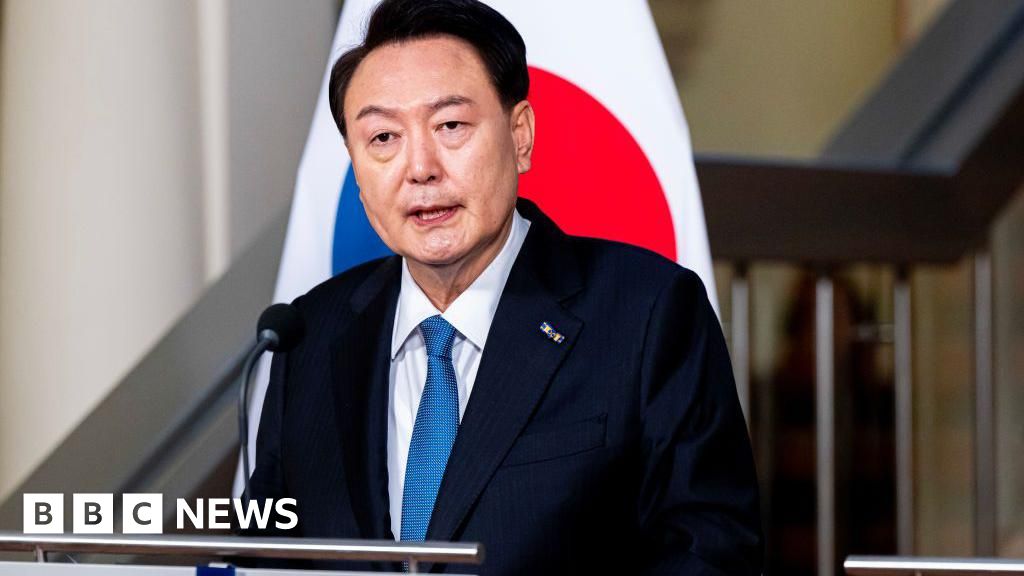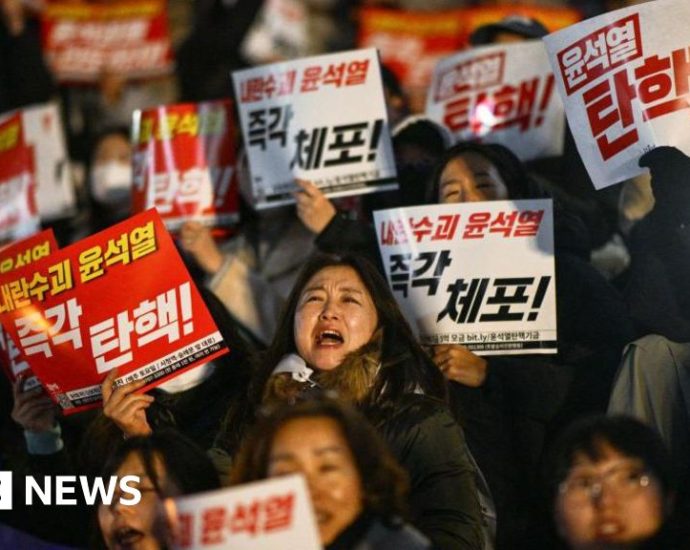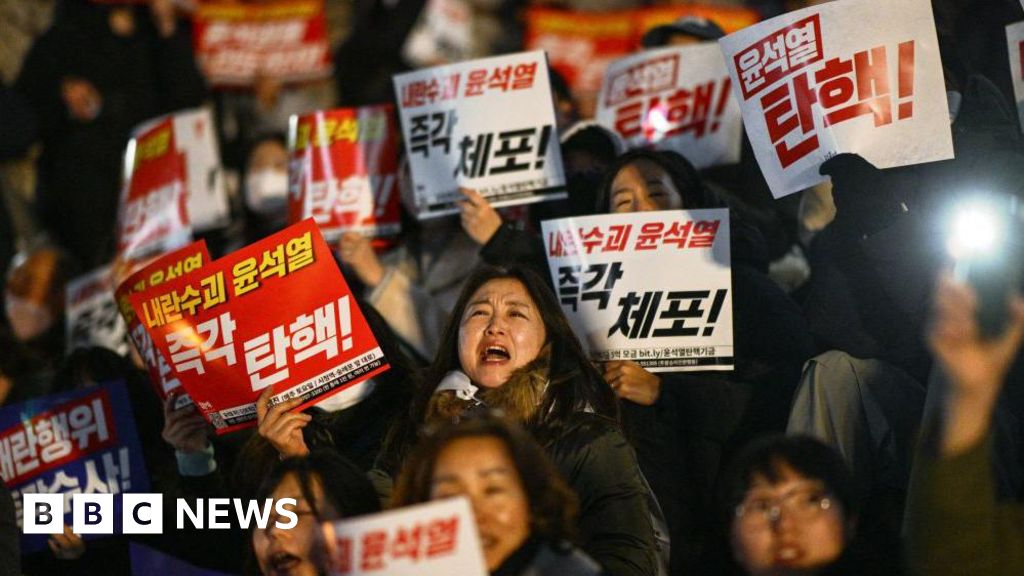BNY hires Apac head of global markets trading, makes UAE appointment | FinanceAsia

Ashvin (Ash) Parkash has joined BNY on December 9 as head of global markets trading for Asia Pacific (Apac).
The global bank has handed Parkash responsibility for accelerating its global markets trading services to clients across the Apac region, according to the a media release.
Parkash (pictured) will continue to be based in Singapore and is joining BNY from Nomura, where he was responsible for electronic distribution across fixed income and FX. With 25 years of industry experience, in addition to Nomura, Parkash has held leadership roles at BNP Paribas, Citibank, and Lehman Brothers.
Parkash will report to Jason Vitale, BNY’s head of global markets trading, and Nelius De Groot, BNY’s head of markets international.
BNY is looking to grow its global markets trading business internationally and this latest move follows the establishment of its EU trading desk, and the appointment of Bianca Gould as head of fixed income and equities for EMEA, earlier this year.
In the media release, Vitale commented: “A continues to present real opportunities for our business, as we see growing demand from our clients looking for differentiated execution services and high-quality solutions to streamline their operating model.”
Vitale added: “I’m thrilled to welcome Ash, whose track record in growing businesses and experience in product strategy make him an ideal fit as we deliver high-quality solutions for our clients across markets.”
UAE appointment
BNY has also appointed Madiha Sattar as managing director and Growth Ventures partner, in a newly created global role based in the United Arab Emirates (UAE).
Sattar has joined the leadership team of BNY’s Growth Ventures business, which oversees new businesses that sit between technology, data, and investment solutions.
Last year, BNY invested in Abu Dhabi-based financial tech firm Alpheya, which is developing an end-to-end wealth management platform for wealth and asset managers in the Middle East.
As Growth Ventures partner, Sattar will play a strategic role working with clients in the region to build and invest in regional and global opportunities across financial markets data and analytics, wealth technology, and alternative assets data and distribution.
With over 20 years’ experience across operating and strategy roles, Sattar joins BNY from Careem, a MENA super app sold to Uber in 2019 for $3.1 billion, where she built and led several new businesses. Prior to that, Sattar spent time at JP Morgan Chase and McKinsey in New York.
BNY has been operating in the UAE for over 26 years and was recently granted a category 4 license by the Financial Services Regulatory Authority to expand its offering to clients within the Abu Dhabi Global Market.
Akash Shah, chief growth officer and global head of growth ventures at BNY, said, “We are excited to welcome Madiha, who brings deep experience to the business and will play a strategic role as we accelerate the GCC’s ambitions to become a global centre of technology and financial services.”
For more FinanceAsia people moves click here.
¬ Haymarket Media Limited. All rights reserved.

